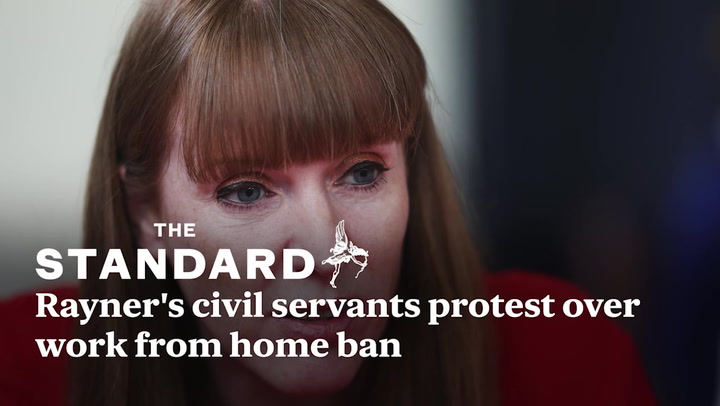Civil Servants Industrial Action: Key Developments and Implications

Introduction
The ongoing industrial action among civil servants across the United Kingdom has gained significant attention due to its implications on public services and governance. With over 100,000 civil servants participating in protests and strikes, the issues at hand highlight deep-rooted concerns surrounding pay, working conditions, and job security. The ramifications of this action are crucial for both the government and citizens, as public sector strikes could impact essential services and administrative functions.
Main Issues Driving the Action
At the core of the industrial action are demands for better wages and working conditions. Union representatives argue that inflation has eroded the purchasing power of civil servants, many of whom are seeking pay rises that reflect the increased cost of living. Additionally, there are calls for job security amid fears of potential cuts and restructuring within public services.
Trade unions such as the Public and Commercial Services (PCS) have been at the forefront, coordinating nationwide demonstrations and strikes. Union leaders have voiced concerns that the government is not adequately addressing their grievances, making industrial action a necessary step to enforce change. The strike actions have included walkouts at various government departments, which could disrupt key services.
Recent Developments
In recent weeks, the action has escalated, with civil servants staging large-scale protests in major cities like London and Birmingham. These demonstrations have attracted attention not only from the media but also from political leaders, who are urged to respond to the demands of the civil servants. The government, in response, has reiterated its position on budget constraints but has also opened channels for discussions, albeit with little progress reported so far.
Significance and Future Outlook
The significance of the civil servants’ industrial action extends beyond immediate pay disputes. It serves as a reflection of broader unrest within the public sector, where many workers feel undervalued and overburdened. If unresolved, these tensions may lead to continued instability in government functions and public services across the UK.
Looking ahead, the outcome of these actions will largely depend on the willingness of both the government and unions to engage in meaningful dialogue. Political analysts suggest that a resolution is essential not only for the welfare of civil servants but also for public trust in government institutions. The coming weeks will be critical as both sides prepare for potential negotiations and further actions if a consensus is not reached.
In conclusion, the ongoing industrial action by civil servants rightly highlights the pressing issues faced within the public sector and poses significant challenges for both the government and citizens. As this situation continues to unfold, it remains pivotal for all stakeholders to seek a resolution that ensures fair treatment and stability within public service.
You may also like

The Role of Sports in Shaping Our Society

An Overview of the Ongoing Situation in Ukraine

The Sun UK: Your Guide to Current News and Events
SEARCH
LAST NEWS
- Remembering Wendy Richard: The Promise to Co-Star Natalie Cassidy
- How Did Anglian Water Achieve an ‘Essentials’ Rating for Mental Health Accessibility?
- Shai Hope Leads West Indies in T20 World Cup Clash Against South Africa
- What We Know About Weston McKennie: Future at Juventus and Past at Leeds
- What We Know About the Upcoming Live Nation Antitrust Trial